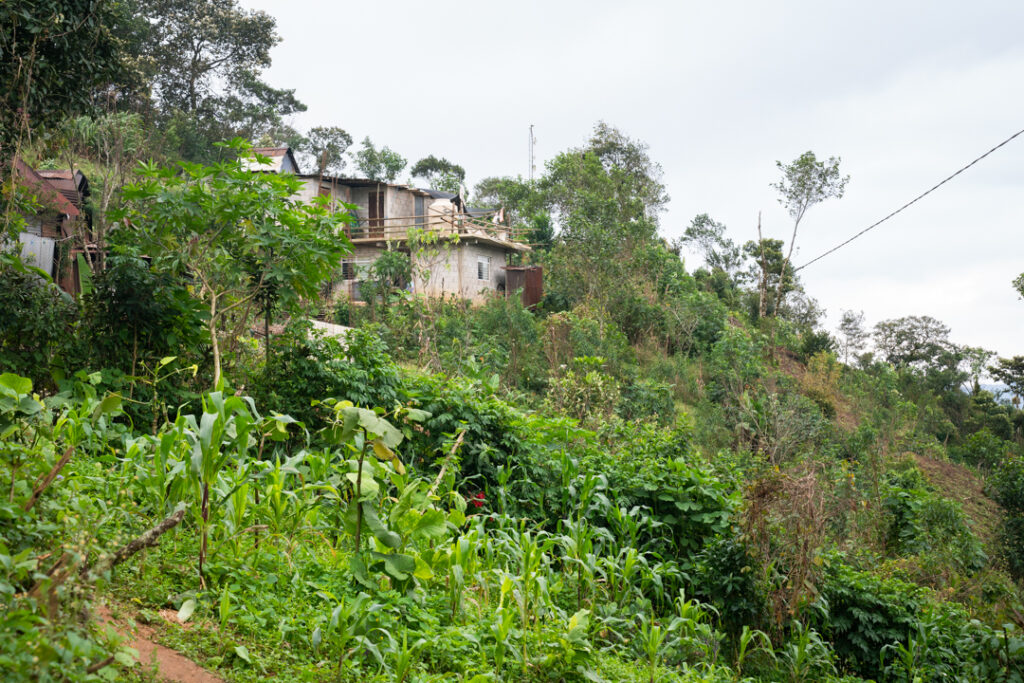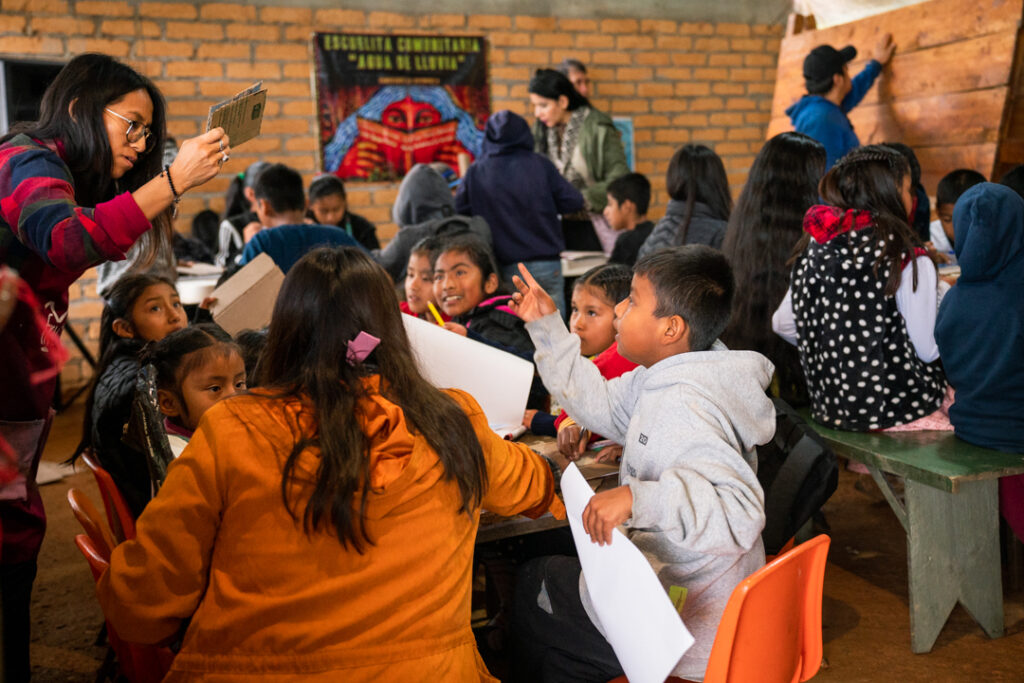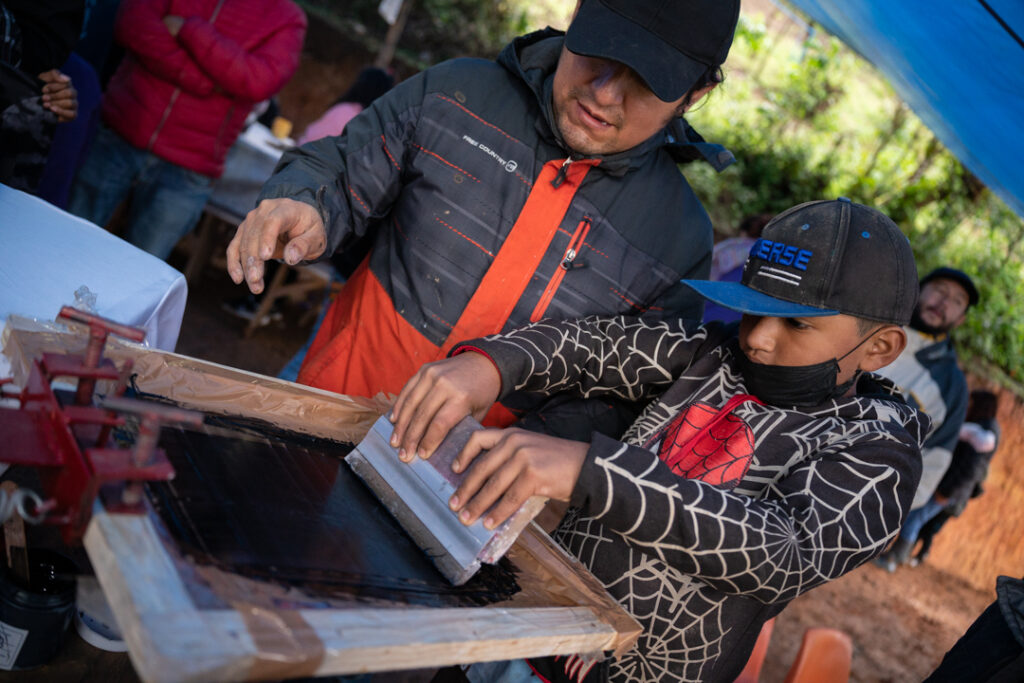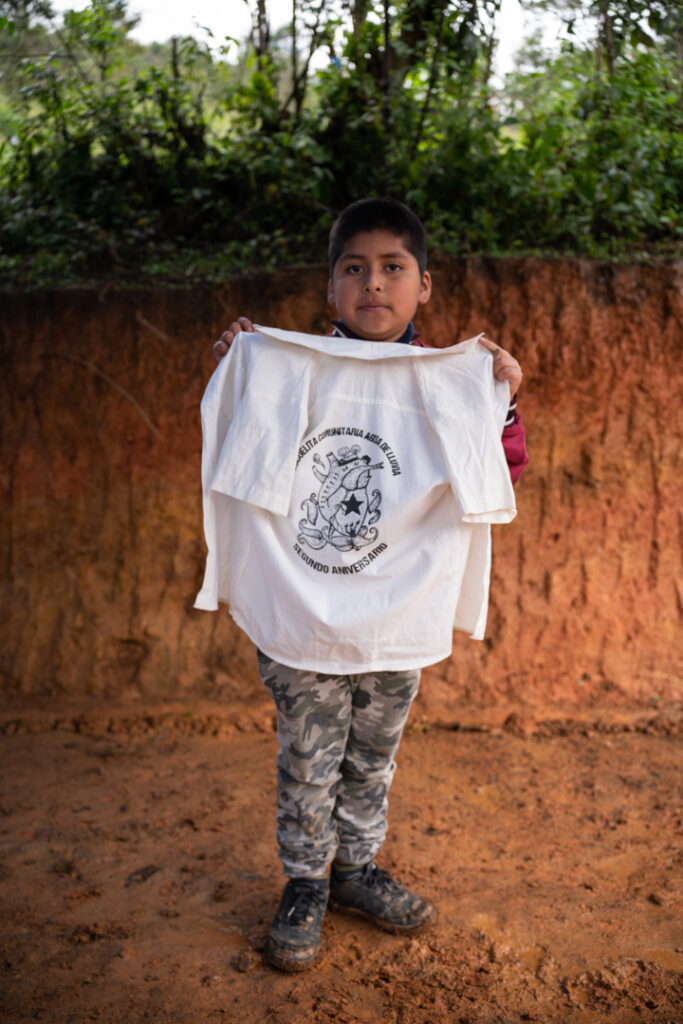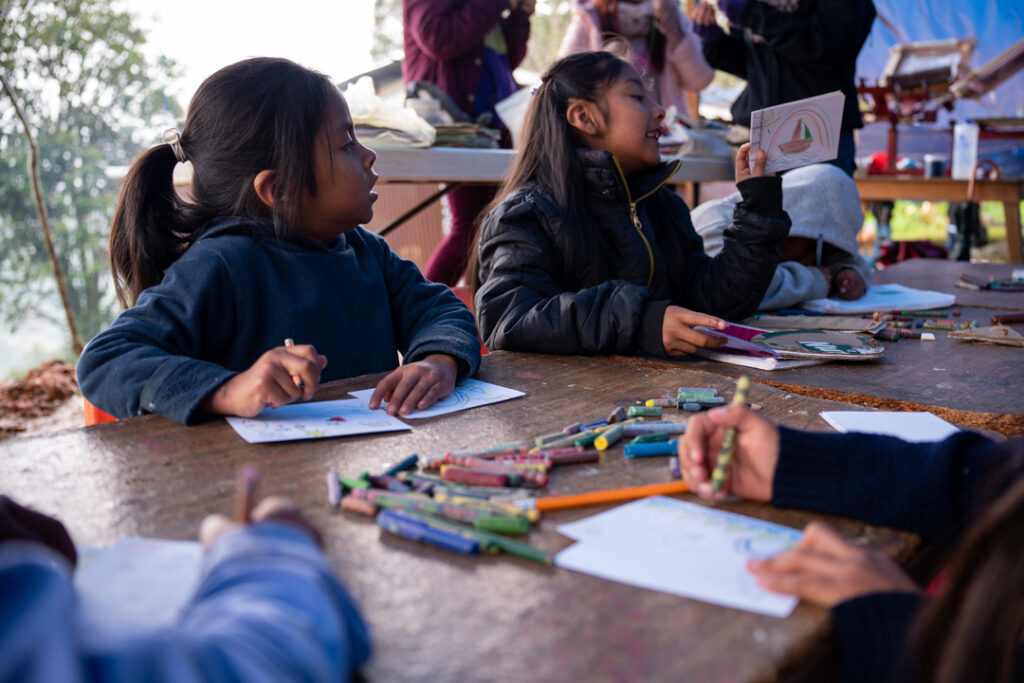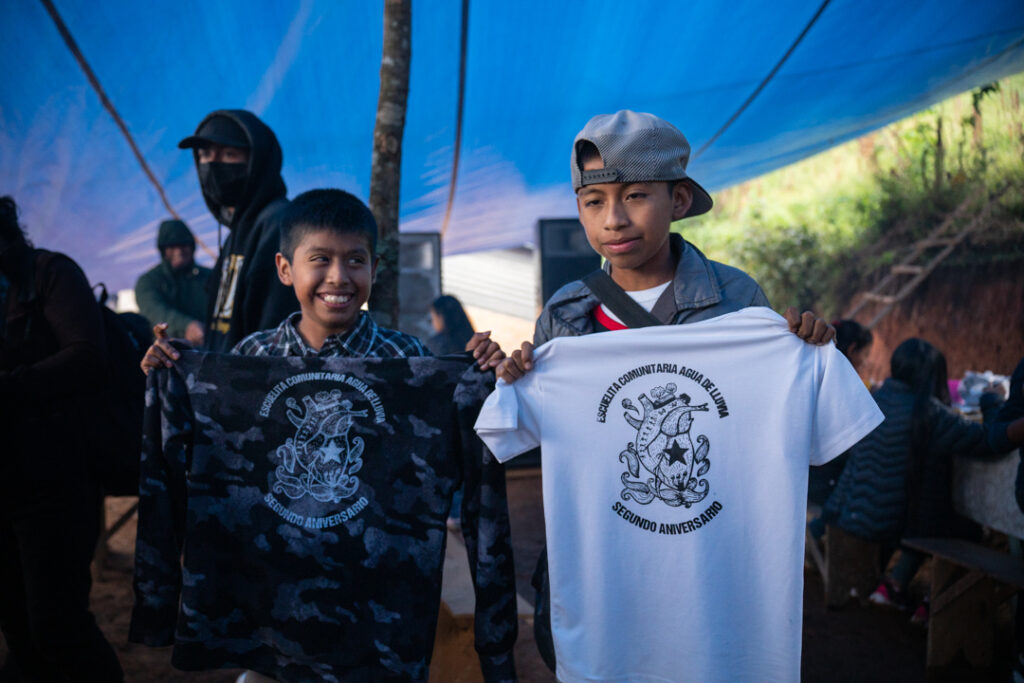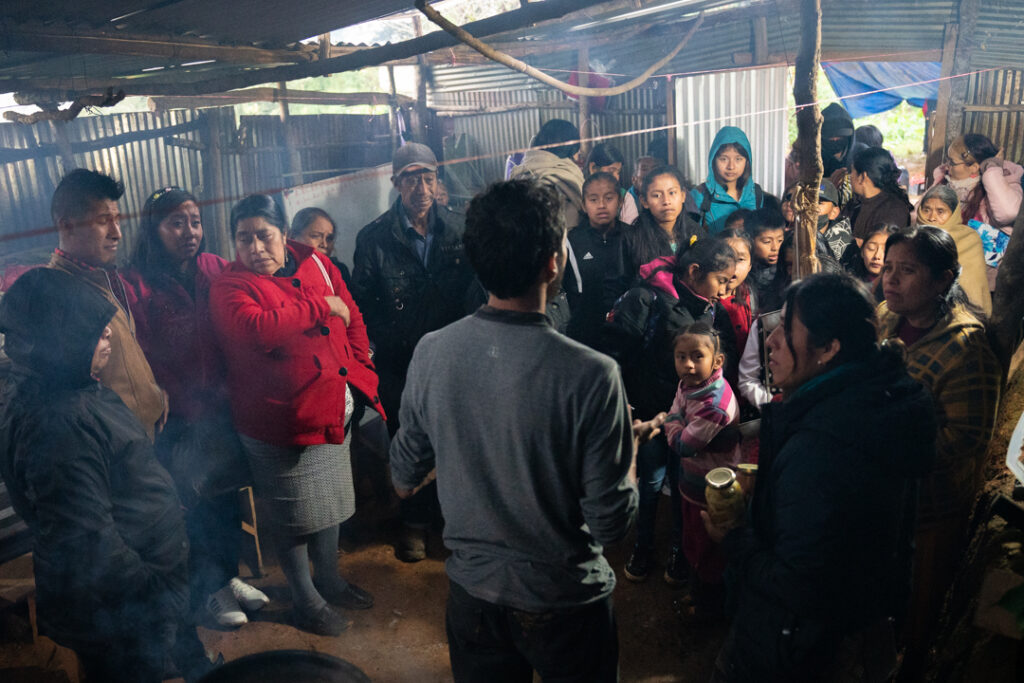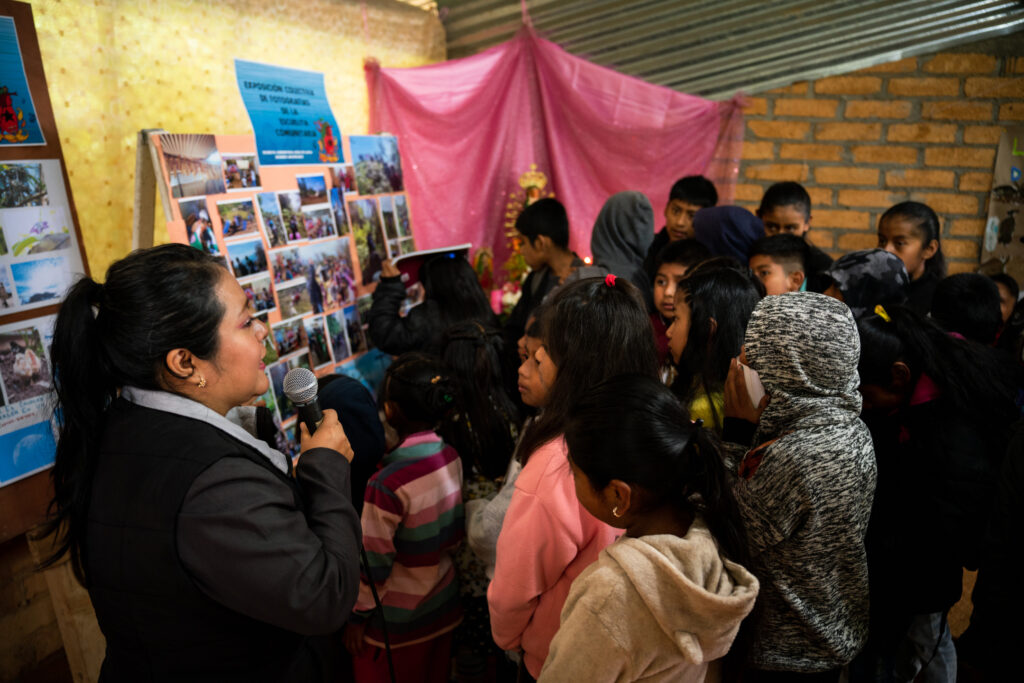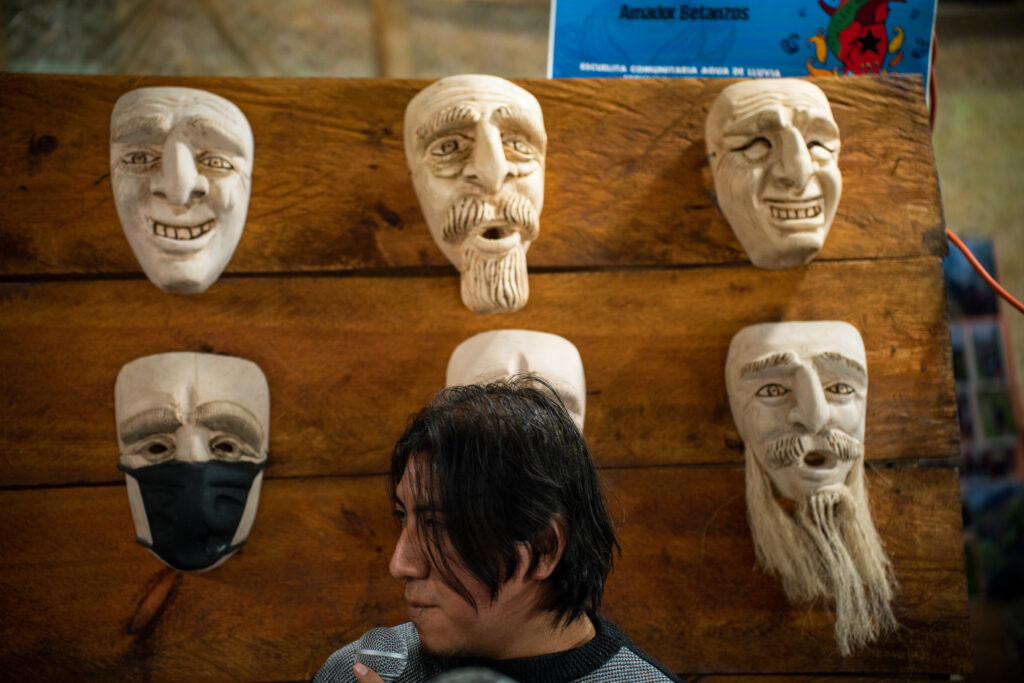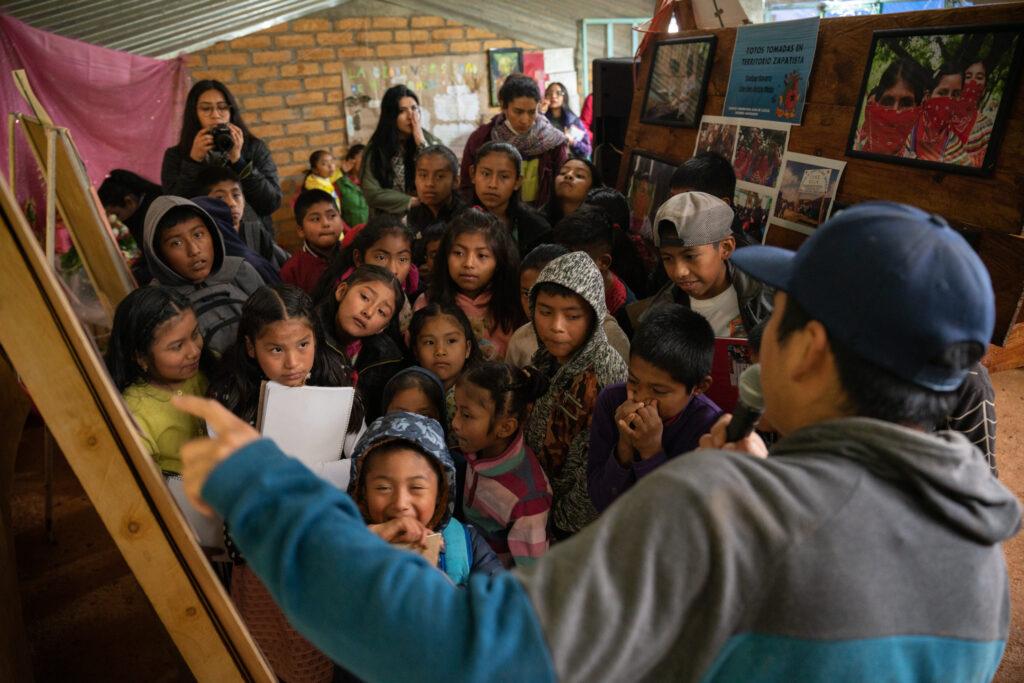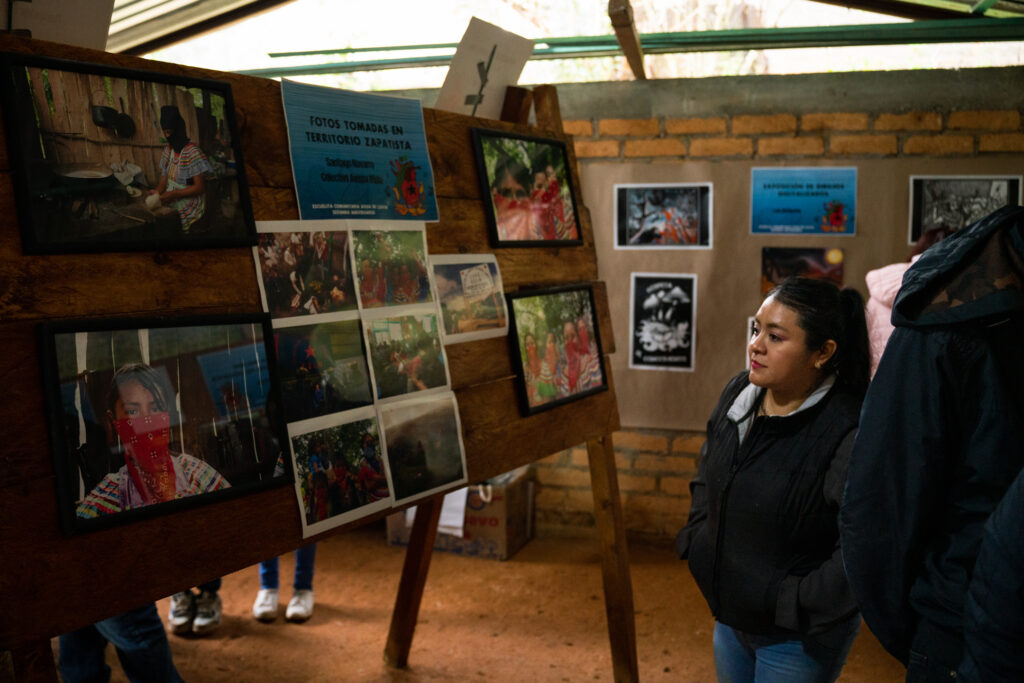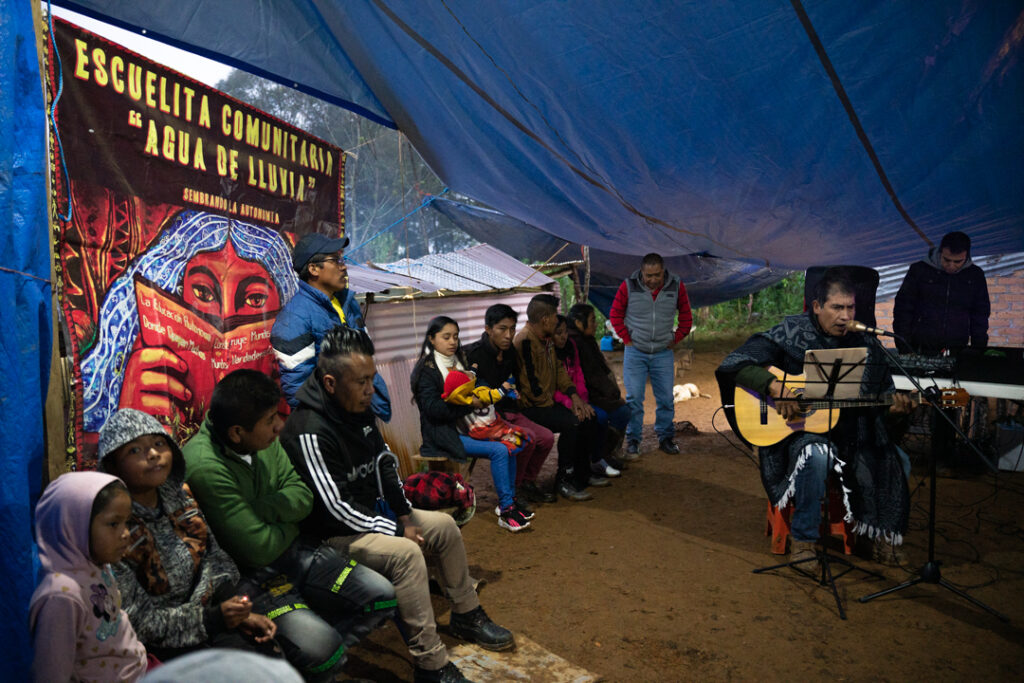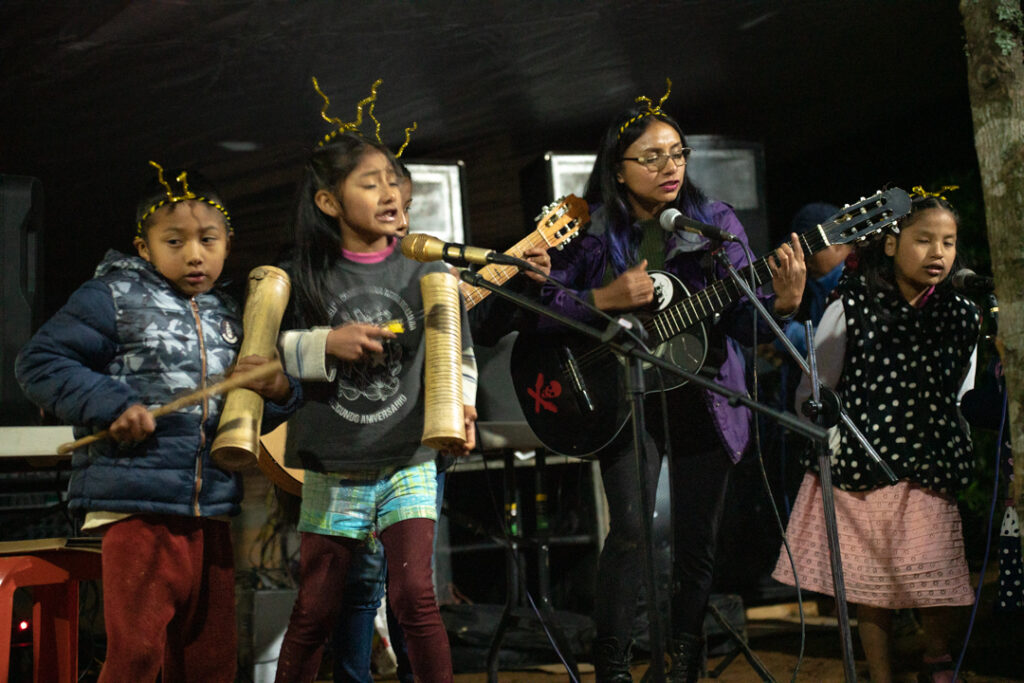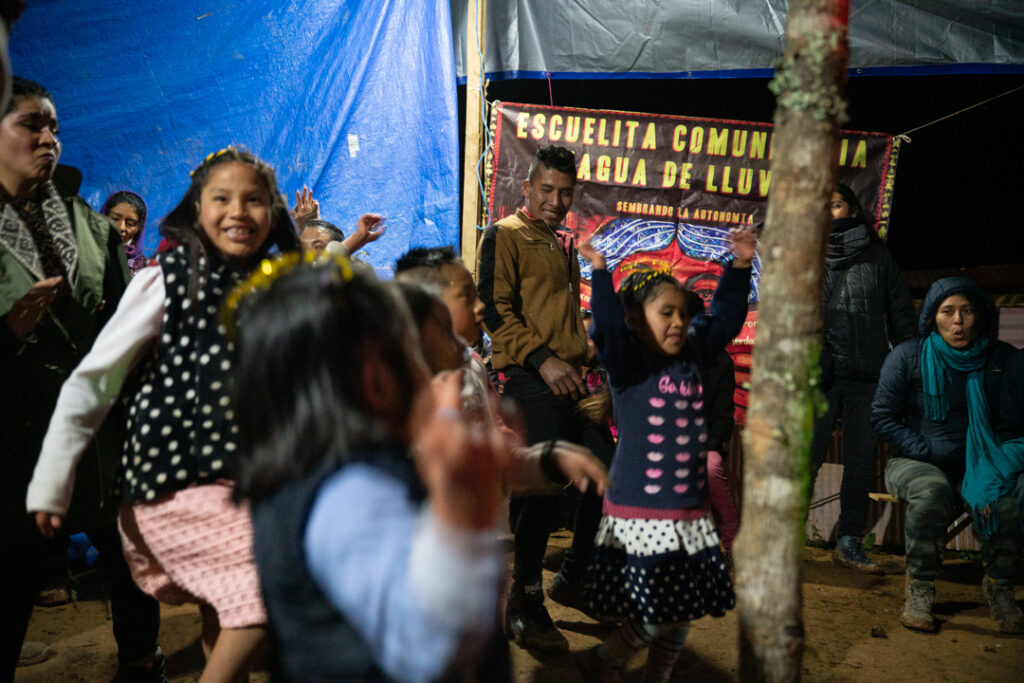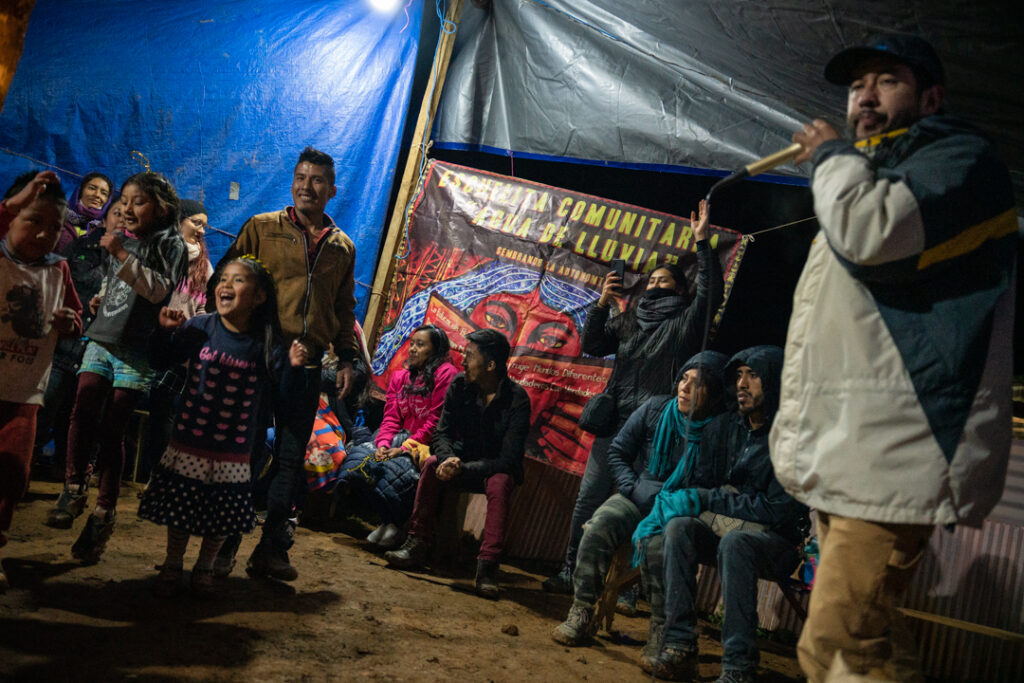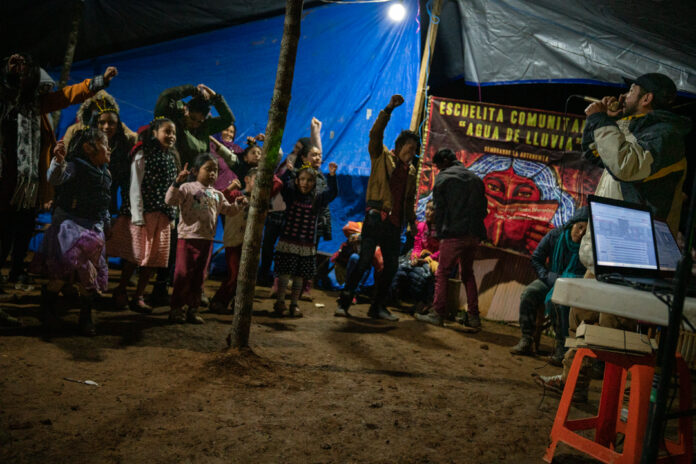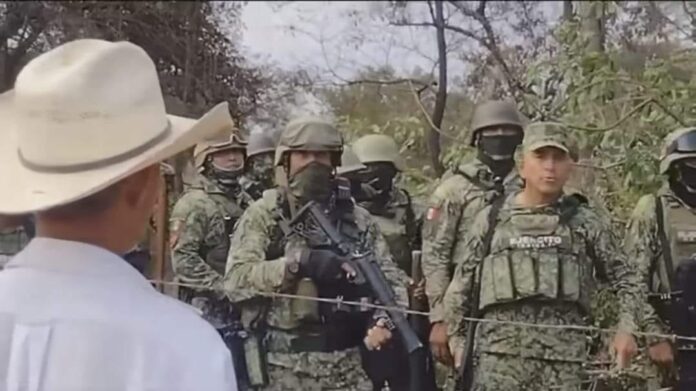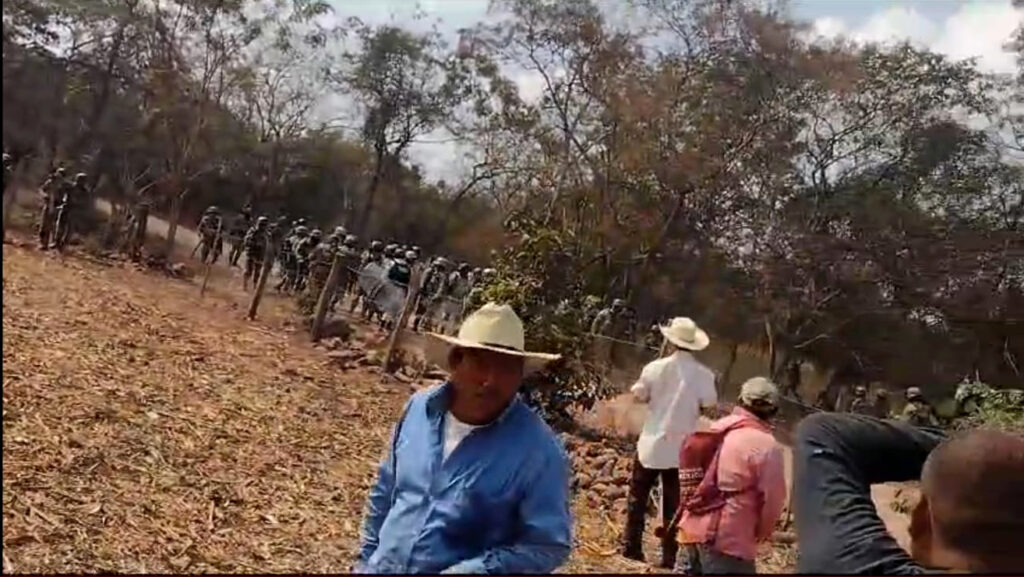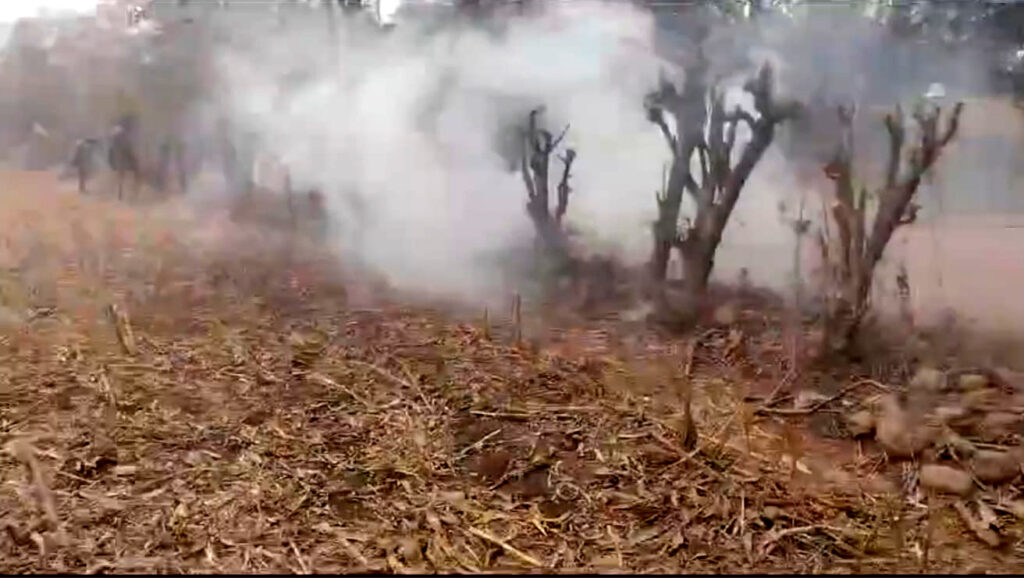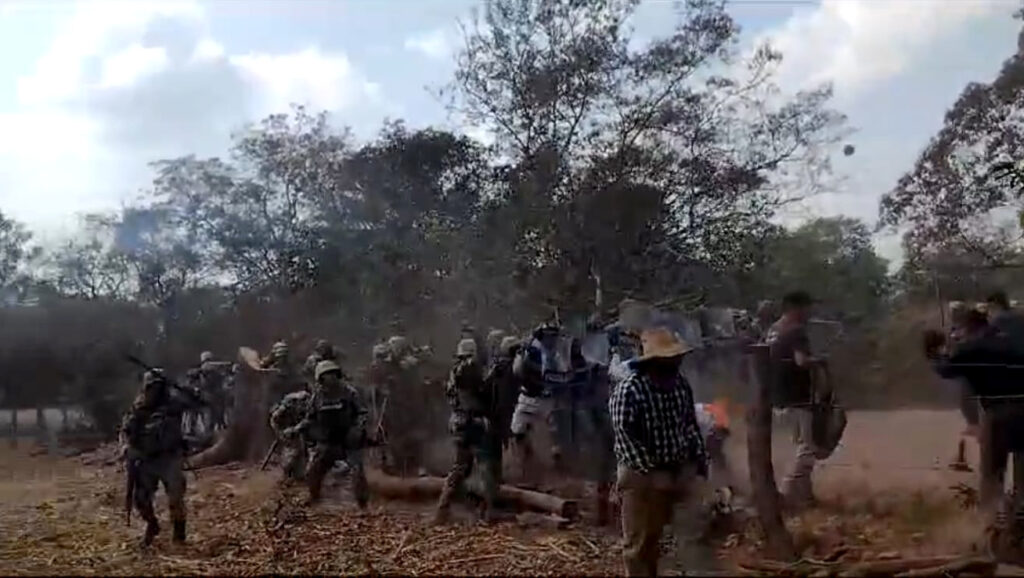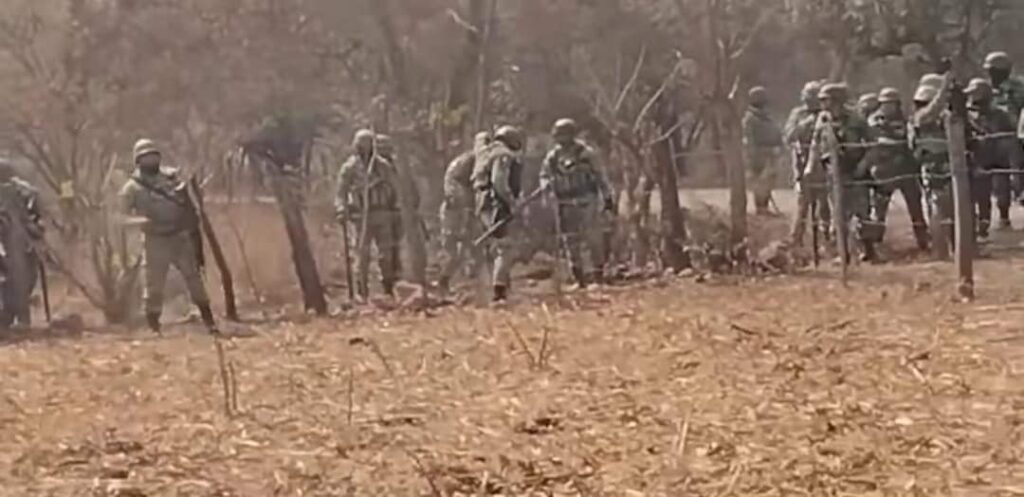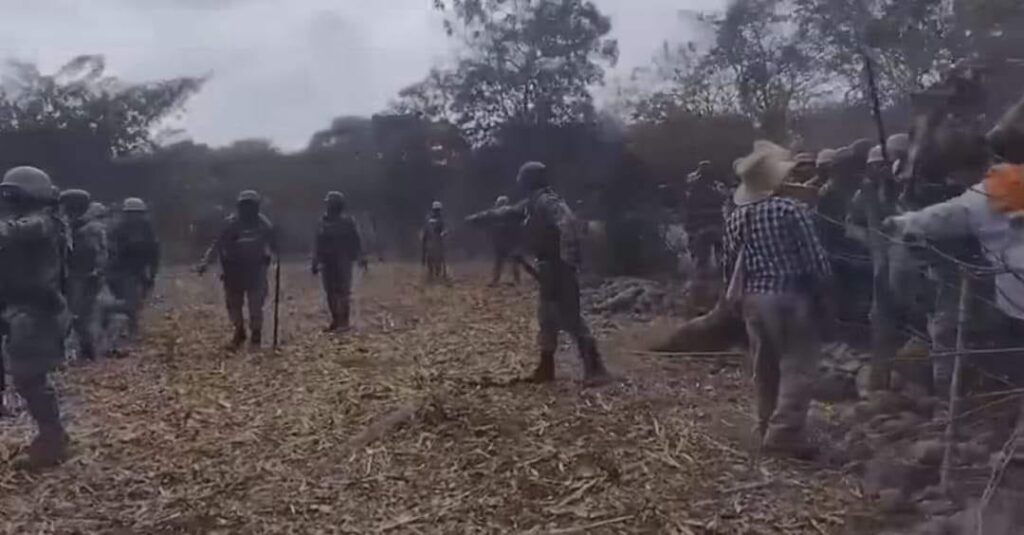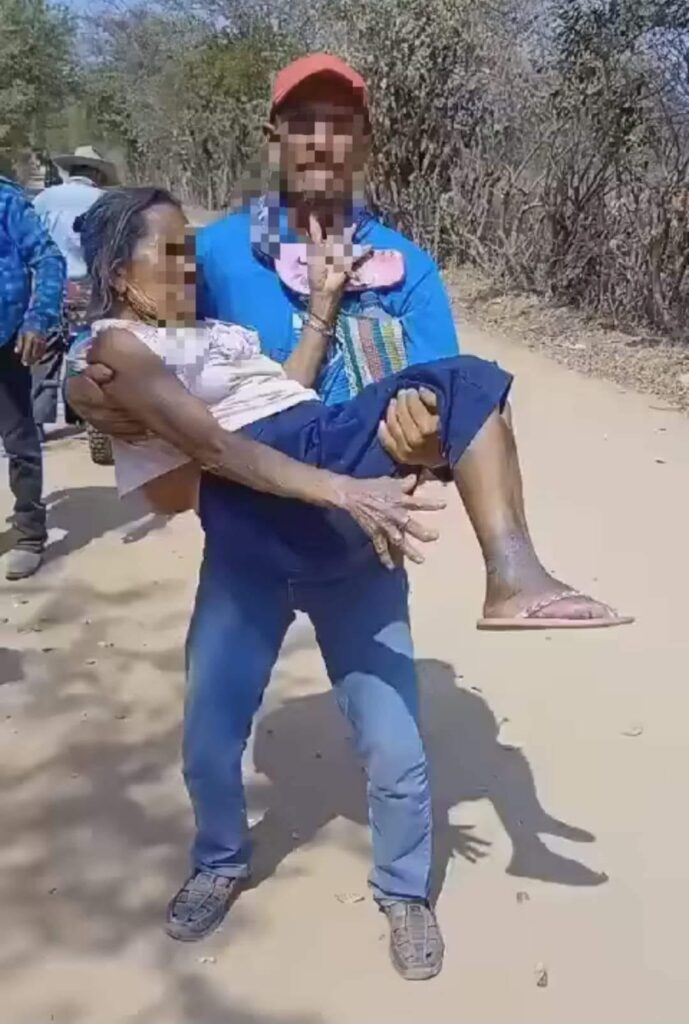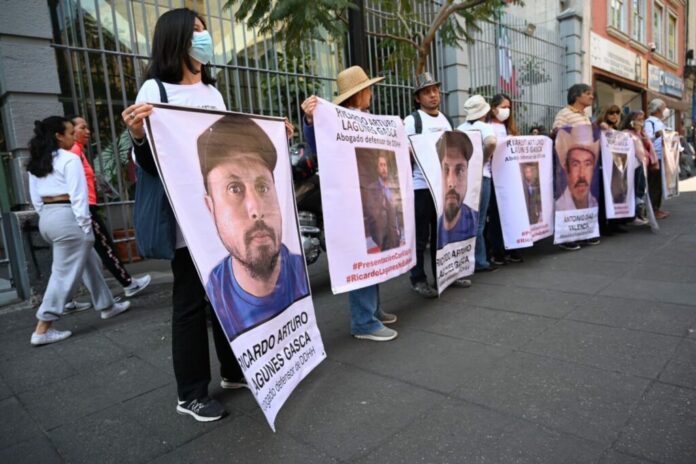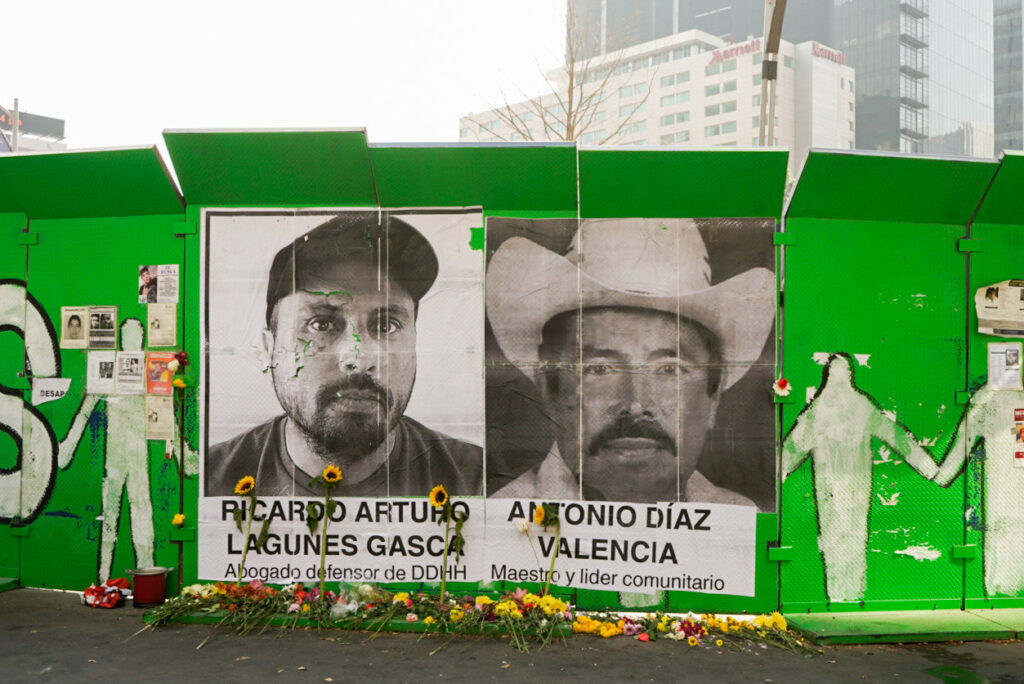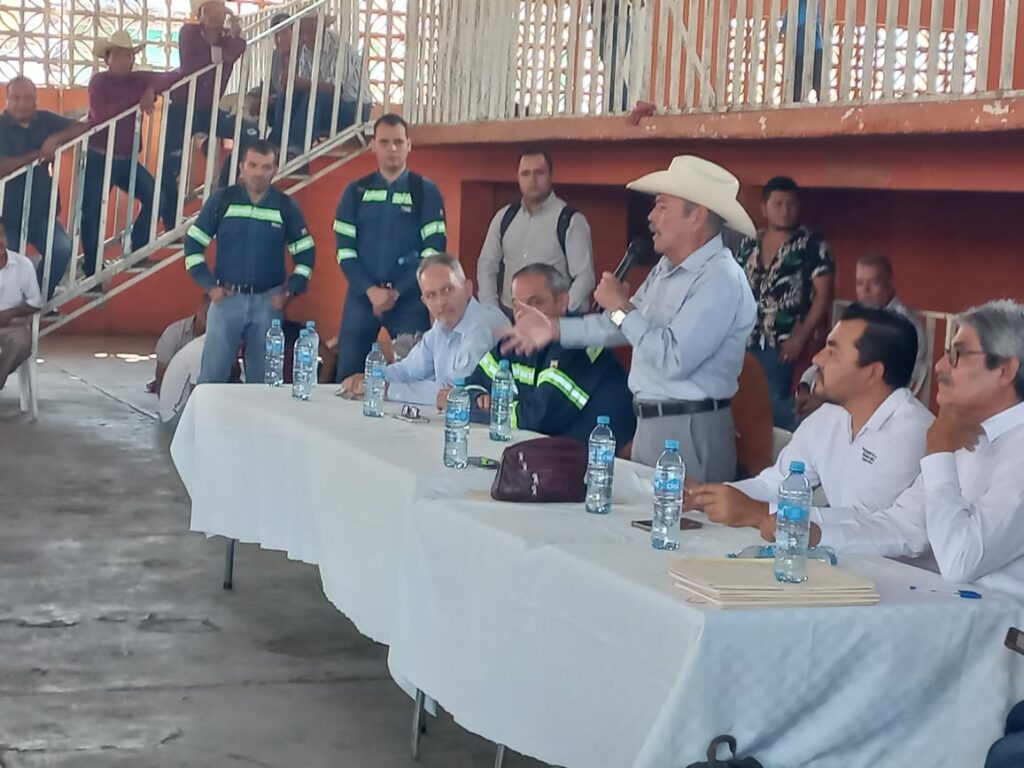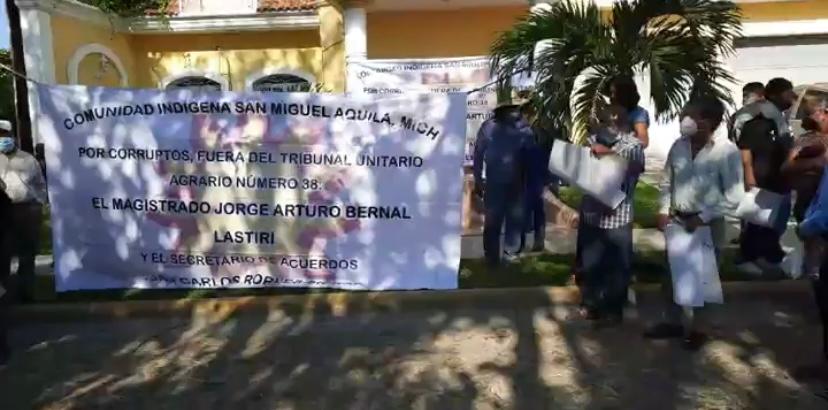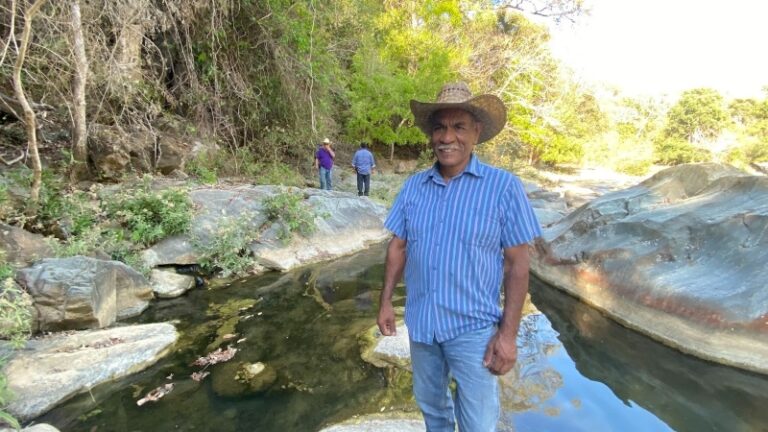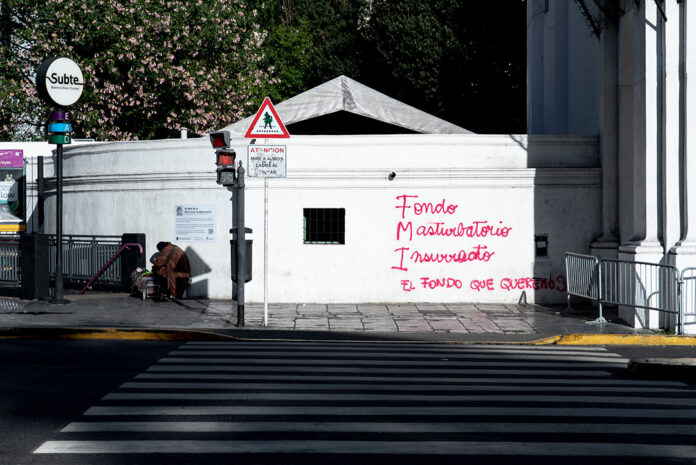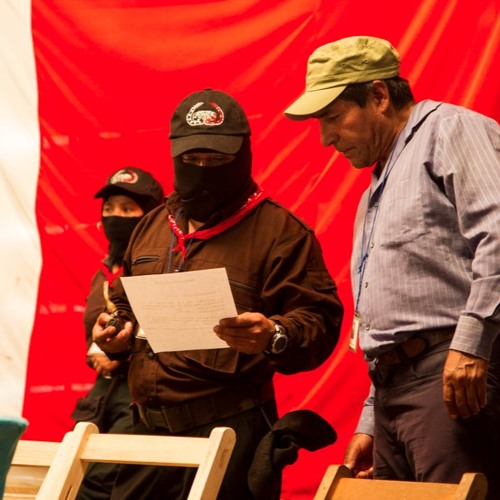Buenos Aires, Argentina. 2023. Photo: Santiago Navarro F
Since taking power, Javier Milei, the current president of Argentina, has in the first 17 days of his government proposed three structural reform packages. Among them are the Decree of Urgency and Necessity, and his main package, the “Ley Omnibus” or Omnibus Law. The latter seeks to privatize at least 40 state companies directly impacting laws that protect the forests and glaciers.
The Omnibus Law was sent to Congress this past Wednesday as the “Proyecto de Ley de Bases y Puntos de Partida para la Libertad de los Argentinos.” It is an extensive package of 351 pages with more than 664 articles. “The text includes profound, necessary, and urgent reforms in tax, labor, criminal, energy, and electoral matters, said Manuel Adorni, presidential spokesperson, in a press conference.
This latter package of reforms, which will be taken up in congress in an extraordinary session, has been analyzed by the Collective of Action for Ecosocial Justice (CAJE) and the Argentinean Association of Environmental Lawyers (AAdeAA), who have warned that “if approved, this project will represent a blow to the heart of environmental protection legislation in Argentina.”
This association of lawyers published the report, “Sin límites para el saqueo: ataque al corazón de la legislación de protección ambiental argentina,” highlighting that if approved, the Law to Protect Forests and Glaciers will be threatened.
Among the modifications is the replacement of Article 26 which prohibits the deforestation of protected areas I and II (red and yellow). The category of red protection (I) corresponds precisely to very important conservation zones that should not be transformed. The yellow category (II) also prohibits deforestation but allows the development of other activities of sustainable use.
The modifications also eliminate the necessity to report on productive activities around these areas. According to the lawyers, this means that the right to information for Indigenous peoples and campesino communities is greatly affected, particularly in cases of deforestation.
Glacier Mining
With the modification of the National Glacier Act (No. 26.6392) “mining activity is allowed in the periglacial environment, which is currently expressly prohibited,” the lawyers state in the report. This means that it will be permitted in the ice masses and the internal and surface level watercourses where mining was previously not allowed.
According to the environmental activists, these frozen zones act as water resource regulators. “Their protection is included directly in the National Glacier Act, which is a product of an arduous legislative process, in which various national and international specialists contributed their expertise,” the lawyers stress.
Behind the decree there are different exploration and exploitation initiatives of glacier and periglacial zones, “especially in the Andes mountains and its foothills,” explain the lawyers.
Interestingly, the United Sates Geological Survey (USGS) has recently announced that the Andes Mountains hold significant copper deposits. It is de facto considered the main copper region in the world. Therefore, “it is a mining zone in the process of exploration and active development,” the USGS states in a paper published in 2022 called “Porphyry copper deposits and prospects in the Andes Mountains of South America.”
Along with Copper, Argentina possesses deposits of minerals considered critical because of their scarcity. Lithium, for example. In 2023, the USGS catalogued Argentina as the primary lithium provider to the United States, with more than 50% of the market share, destined principally for the United States auto industry.
Furthermore, Argentina is considered as one of the thirteen governments who make up the Minerals Security Partnership, an initiative led by the United States government to catalyze public and private investment in critical mineral supply chains on a global scale. This is aimed at the new productive systems emerging from the energy transition.
The lawyers are definite in asserting that with the new Milei reforms, Argentina is moving backwards environmentally, due to “the historic demand of major transnational mining companies like Barrick Gold that want to advance on these ecosystems. With this modification, they will be able to do so without limitations, considerably narrowing the protected zone.”
The lawyers warn that the presence of foreign armed forces in Argentinean territory is also considered in the reforms. Article 346 empowers the executive to authorize the entry of military contingents pertaining to other countries into Argentina for activities of training, instruction, protocol, or combined activities.
The commander of the United States Southern Command, Laura Richardson, refers to South America as a theater of operations for the national security of the United States. “It is like our neighborhood because of the physical proximity. Also because of the familial, economic, and cultural ties,” said the commander of the United States military in 2022 before the 117th Congress of the Armed Services in the House of Representatives.
Richardson argues that their presence in the region is vital as “60% of the lithium in the world is found in the Lithium Triangle in South America” made up of Argentina, Bolivia, and Chile, she told the US senate in March of 2022.
“In a global context where countries strengthen their borders and national security, the Omnibus Law enables foreign armed forces to enter into our country beneath the subtle disguise of training, instruction, or protocol practices, ceding control of our lands and our common goods,” argued the lawyers.
These organizations consider the reform to be “the handing over and dispossession of our national sovereignty,” considering that it is aimed at the repeal of the Rural Lands Law of the DNI 70/2023, which would enable foreign capitalists to acquire national lands in border zones, renouncing control over border limits.
Privatization
The Omnibus Law seeks to privatize at least 40 state companies, among them the YPF oil company, Argentine Airlines, the Central Bank, the Treasury (where they print the money), the Télem news agency, the AYSA water company, and the networks of train and rail lines in Argentina.
Environmentally, it means the fiscal deregulation of fossil fuel exploitation, which in itself was already causing major environmental impacts, they denounce in the report.
Therefore, “the privatization of the public sector, at both the state and provincial level, will intensify and deepen the socioenvironmental inequalities caused by the advance of the hydrocarbon frontier in our country,” the lawyers add.
In addition, the decree deregulates the control of the burning of vegetation, pastures, and other remains, which would otherwise require permission from the state. The “Omnibus law means that, after 30 working days of the request for a burn permit, if the state doesn’t expedite it, their silence will be interpreted as tacit authorization,” the report points out.
With these reforms, the privatization of the General Administration of Ports is also being proposed. This would create the conditions for the “privatization of rivers, in particular, the Paraná, making it even more impossible for social control and province level public management of the river basin, in the context of federalism, negating private ownership of the provinces and their natural resources,” they add in the document.
The association of lawyers calls on Argentinean society to “reject and resist these proposals which put at risk the environment, its ecosystems, and the capacity of the state to regulate and protect the environment.” In the same way, they demand legislatures to “strongly reject this project and safeguard the little bit of existing legislation that can serve as a tool for ecosocial justice and environmental protection in Argentina.”
